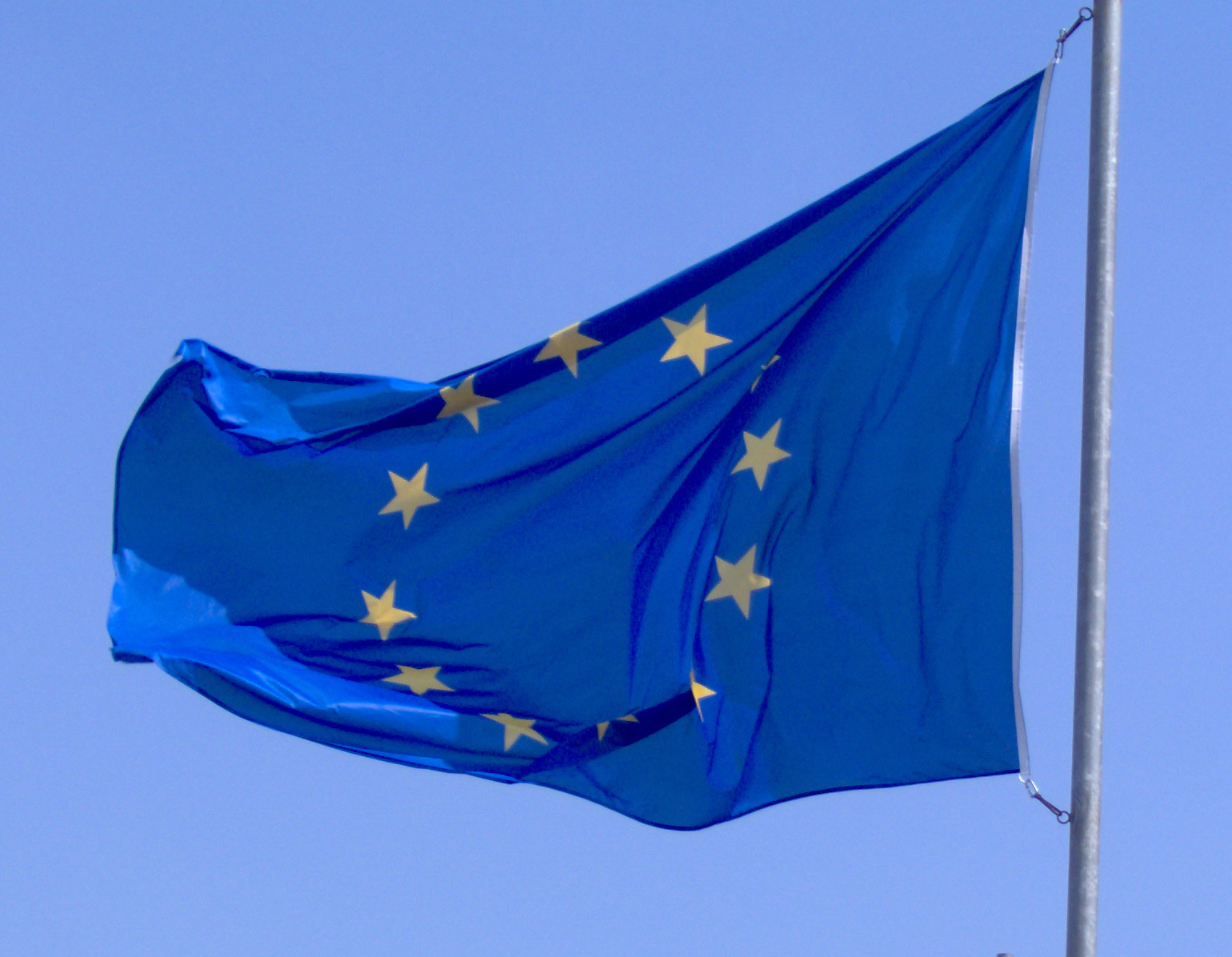Most organizations are not fully compliant with the European Union’s (EU) General Data Protection Regulation (GDPR) before it takes effect in May, analysts report.
While DevOps certainly gives organizations the mean to turbo charge the compliance process, stakeholders outside of IT departments often are failing to greenlight this necessary project ahead of the deadline, due largely to uncertainties about the regulation.
Not being in compliance could hit organizations hard, with fines up to 4 percent of their annual revenues or €20 million.
The Cloud Security Alliance (CSA) and Netskope, for example, recently released the results of a survey of more than 1,000 respondents about their organizations’ GPDR readiness. The survey revealed a full 83 percent were not very prepared for GDPR. While 85 percent had taken steps for compliancy, only 31 percent had well-defined plans for meeting the provisions of GDPR.
The GDPR’s “right to erasure,” (53 percent) “data protection by design and by default,” (42 percent), and “records of processing activities” (39 percent) were deemed the biggest stumbling blocks for compliancy, according to the study.
A separate survey of 700 network security and IT professionals by Enterprise Strategy Group (ESG) showed only 11 percent of firms were completely ready for GDPR ahead of the May 25 deadline. Thirty-three percent said they were prepared to publicly disclose data breaches within the GDPR-mandated 72-hour period, and 33 percent and 44 percent percent of the firms surveyed were mostly or somewhat prepared, respectively.
Most organizations ESG surveyed also reported they are investing in GDPR, reflecting the seriousness in which they are regarding the mandate. While only 10 percent said they had made or were planning to make major investments in GDPR, 63 percent said they would make or had made incremental investments.
Analyst firm Varonis made similar findings after completing a survey of 500 IT security experts in the United States and Europe in October, out of which 200 were in the United States and the rest of those surveyed were equally split between the UK, France and Germany.
Varonis also found 60 percent in the EU and 50 percent in the United States faced serious challenges before they could be GDPR-compliant. However, 70 percent of the firms represented were also convinced GDPR compliancy would give them a competitive edge.

Where Is the Data?
Much of the uncertainty about GDPR reflects how organizations often fail to understand where exactly their data is located. While not specific to GDPR, Varonis found many organizations lacked fundamental data-protection protocols. Those surveyed revealed, for example, 21 percent of their organizations’ electronic folders were “open to everyone.” The survey also revealed 54 percent of the firms’ data was stale. Effectively tracking data extending from on-premises servers to across the cloud was often cited as an issue, making it difficult to track the exact origins of customer data and to determine whether it might be subject to GDPR protection or not.
“We live in a hybrid world in which data isn’t stored entirely on-premises or completely in the cloud. The hybrid model creates additional challenges and potential risk from a security and data governance standpoint,” Ken Spinner, vice president of global field engineering at Varonis, said. “You can’t assume your data is safe in the cloud. If your cloud environment isn’t secure, your data won’t just be in danger of being exposed to your entire organization—it could be accessible to the world.”
Uncertainties Abound
A lack of understanding about what GDPR compliance involves is often cited an impediment to making necessary changes for compliancy. Much has been reported, for example, about whether EU citizens, residents, or simply those who are only temporarily on European soil are protected by GDPR. How the EU will impose fines against non-EU organizations also remains murky. According to ESG data, less than one-third of the respondents of the organizations that took part in its survey fully understand all the GDPR’s requirements.
These questions, of course, largely need to be resolved by legal counsel. Meanwhile, many legal departments are waiting for more guidance from the EU about uncertainties mentioned above, as well as other remaining questions about the GDPR’s scope.
In other words, DevOps is ready to do the necessary, while legal and other stakeholders who fully understand what needs to be done must pull the trigger first. Only then can DevOps, consisting of IT operations, QA, InfoSec and development teams take over. When that happens, DevOps’ role will remain critical for making compliance more agile, automated and, ultimately, reliable.
“DevOps can assist companies in complying with regulations like GDPR by ensuring that key regulatory requirements are part of the initial design criteria, and taken into account when applications are updated,” Varonis’ Spinner said. “GDPR, manual methods of enforcing data policy aren’t realistic solutions because large organizations could have millions of files. DevOps can support GDPR requests with processes and solutions that ensure personal data that falls under the new regulations is protected and used appropriately.”





